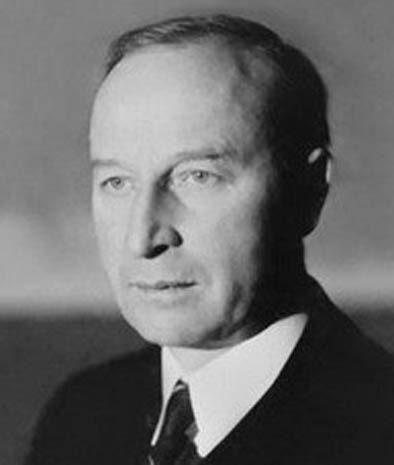Shubnikov, Lev
Shubnikov, Lev [Шубніков, Лев; Šubnikov], b 29 September 1901 in Saint Petersburg, d 8 November 1945 in a GULAG labor camp. Experimental low-temperature physicist. A graduate of the Leningrad Polytechnical Institute (1926), from 1926 to 1930 he worked at the Cryogenic Laboratory in Leiden, Holland, where he distinguished himself as a crystal grower. Using his high-purity bismuth monocrystals, the low-temperature quantum oscillation of electrical magnetoresistance (now known as the Shubnikov–de Haas effect) was discovered in 1930. In 1930 he joined the Ukrainian Physical-Technical Institute in Kharkiv, and in 1931 he became director of its cryogenic laboratory, the first such laboratory in the USSR. From 1934 to 1937 a number of breakthrough discoveries were made by Shubnikov and his collaborators: the full diamagnetism of superconductors, the transition from the paramagnetic to the antiferromagnetic state (1934), the existence of two critical fields in superconducting alloys (1935), and the detailed conditions for the breakdown of superconductivity (1936). In 1935 Shubnikov also assumed the chair of solid-state physics at Kharkiv University. After Lev Landau was dismissed from Kharkiv University on trumped-up political charges in December 1936 and subsequently arrested, Shubnikov wrote a letter of protest to the university rector and resigned. He was arrested by the NKVD in August 1937 on fabricated charges of espionage and sentenced to 10 years’ imprisonment. Attempts by the Soviet physicist P. Kapitsa to obtain his release (he succeeded in obtaining a release for Landau) remained fruitless, and Shubnikov died in a labor camp. He was posthumously ‘rehabilitated’ in 1957. A book containing his selected works and memoirs about him was published in Kyiv in 1989.
Olexa Bilaniuk
[This article originally appeared in the Encyclopedia of Ukraine, vol. 4 (1993).]
